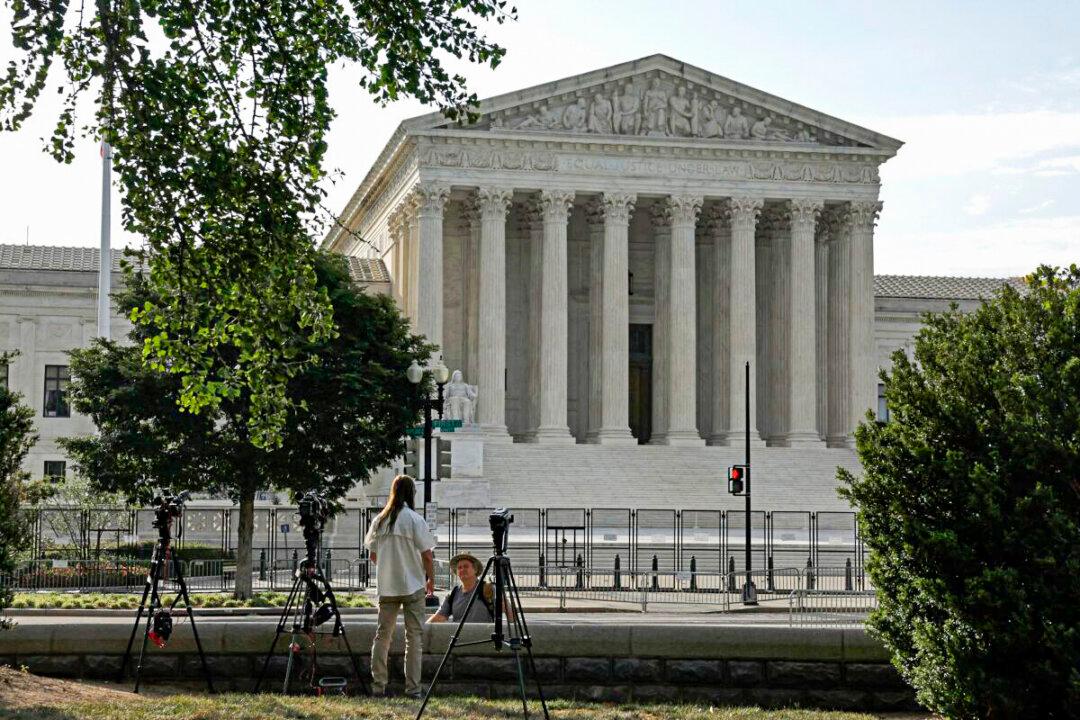Commentary
During the final weeks of the U.S. Supreme Court’s 2022 term, the justices issued some truly historic rulings. In doing so, the court went a long way toward reestablishing itself as a coequal branch of government designed to uphold individual rights guaranteed by the Constitution against illegal government restrictions, while defending the separation of powers, laid out in the Constitution, among the three branches of the federal government and between the federal government and the states.





